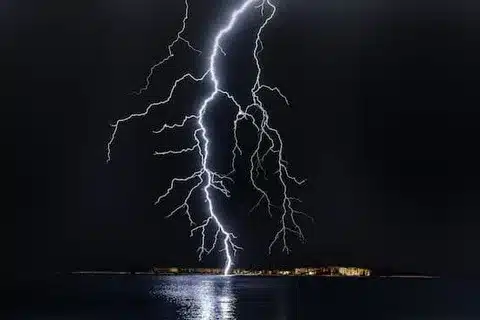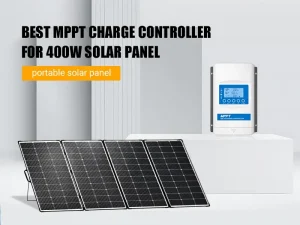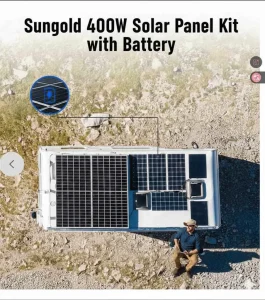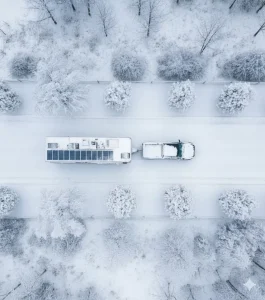Table of Contents
What Caused the Power Outage
Regardless of the cause or duration, these outages have one thing in common: multiple households, rather than one, lose electric service. If only one home experiences an outage, the problem may be with the house’s electrical system rather than the grid or distribution facilities.

Storm Damage
It only takes crews 2 to 3 hours to repair downed wires, but when storms are bigger, you can be without power for days and sometimes weeks. The extent of the damage and the efficiency of your local power crews will make a big difference.
Overloaded Circuits and Overuse
At home, when you use too many devices at the same time, you may experience a power outage due to burned-out circuits. This is usually an easy fix. All you need to do is head to the circuit breaker and flip the activated switch. You won’t be able to get back to what you were doing, and you may need to look for something like a portable power station to provide the extra power needed for whatever task is at hand.
Equipment Failure
When the demand for electricity in a particular area is high, not all equipment can handle such a large load. As a result, the equipment will fail and require repairs. Depending on the equipment, failure can mean hours or days without power.
Ways to Know How Long the Power Outage Lasts

Notification from local electricity boards
Hopefully, your local electric utility has a system in place that sends alerts to their service area in the event of a power outage. This is usually the best way to know how long the outage will last.
Estimates based on past power outages
If your area has experienced a power outage before, you may be able to get an idea of how long it lasted. If you can recall another line failure, you can use that as a reference point for this one.
Notification from local electricity boards
If you do want a simple answer, try calling the electric company. They can explain the situation and let you know exactly what they are doing to help solve the problem!
How Can You Move From Powerless Waiting to Proactive Preparation?
Now that you understand the complexities, you can see that being proactive is a far better strategy than waiting anxiously in the dark. Turning uncertainty into a sense of control is the best way to handle an outage.
Build an Emergency Kit: Include flashlights, batteries, a radio, first-aid supplies, and basic power banks.
Stockpile Water and Food: Have at least a three-day supply of non-perishable food and water.
Create a Family Communication Plan: Ensure everyone knows how to stay in touch if networks are down.
Protect Your Appliances: Unplug sensitive electronics to protect them from a potential power surge.
Prepare for Short & Long-term Outages

For those who want to keep their lights and appliances running during an outage, having a solar system that pairs a portable power station with solar panels will allow you to continue generating and storing electricity even after your stored power runs out. This can be a long term and sustainable way to continue your life when the power company doesn’t have a solution for you, and a good idea to help people you save money on your electric bill when there are no power outages during the week.
Run Essential Appliances: A complete kit can run your refrigerator, medical devices (like a CPAP machine), Wi-Fi router, and lights for hours or even days.
Stay Connected: Keep your phones, laptops, and tablets fully charged, allowing you to get critical updates and stay in touch with loved ones.
Harness the Sun for True Energy Independence: Because the kit is an integrated solar solution, you can generate and store your own electricity directly from the sun. This means you can have a potentially endless source of power even in an extreme, weeks-long outage.
The duration of a power outage may be beyond our control, but how we respond is entirely up to us. By understanding the causes and preparing with the right tools, you can not only minimize the inconvenience but also provide your family with invaluable peace of mind and security.
Final Thoughts
With 16 years of rich experience, Sungold products have passed TUV, UL, FCC, CE, ROHS, and other European and American product certifications, as well as earthquake and hail resistance certification and IEC 61701 (salt spray) certification. Sungold has developed a wide range of adapted products for RVs, yachts, outdoor applications, balcony solar systems, and camping.






